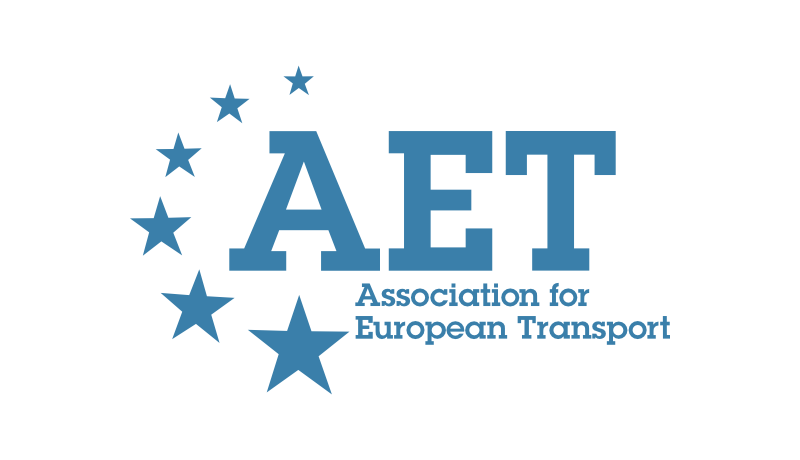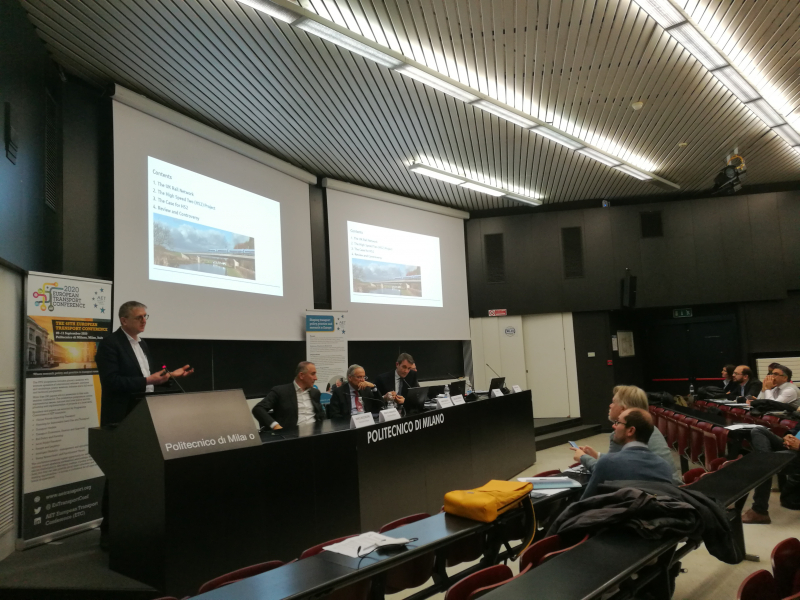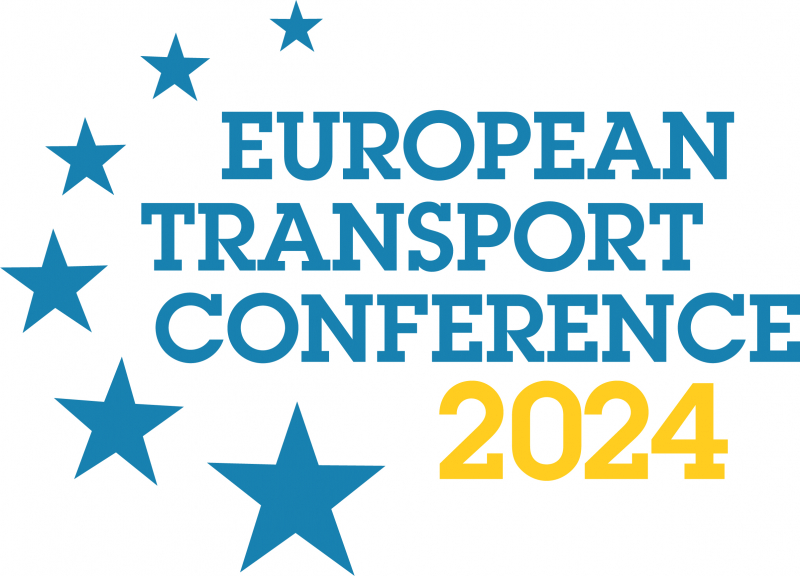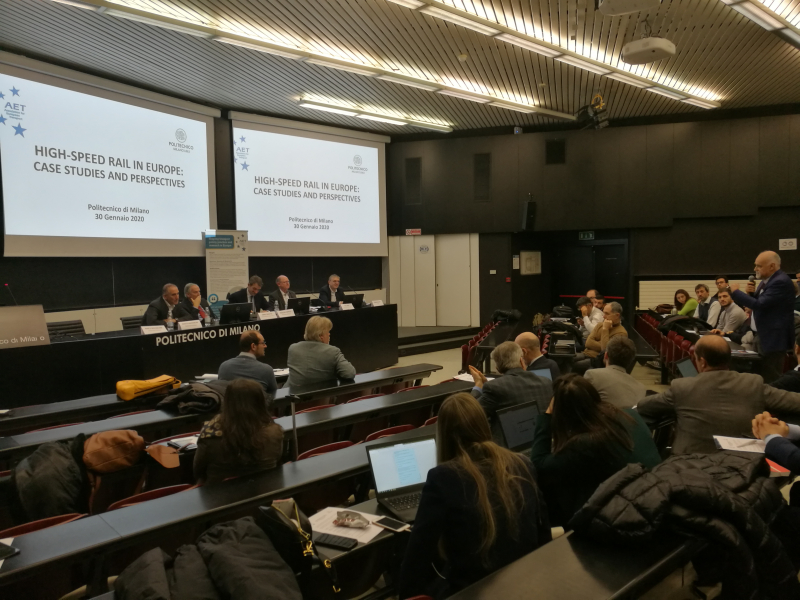-
Past ETC Papers
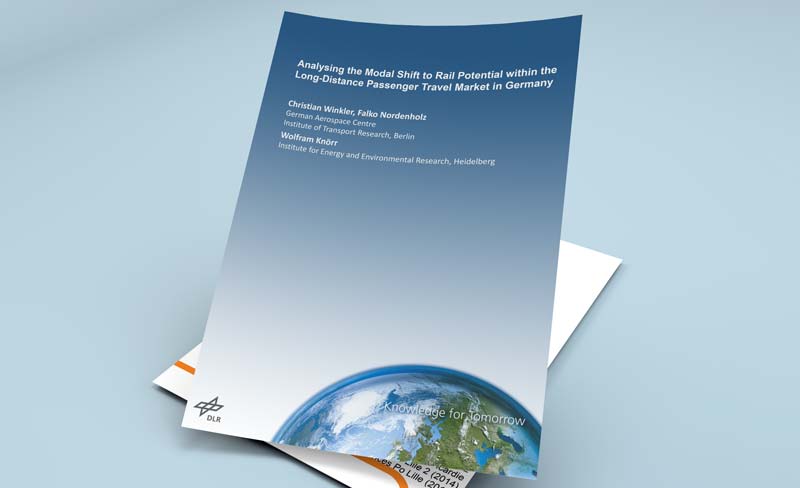
Browse, search and view papers from the past AET Conferences.
-
Members' Area
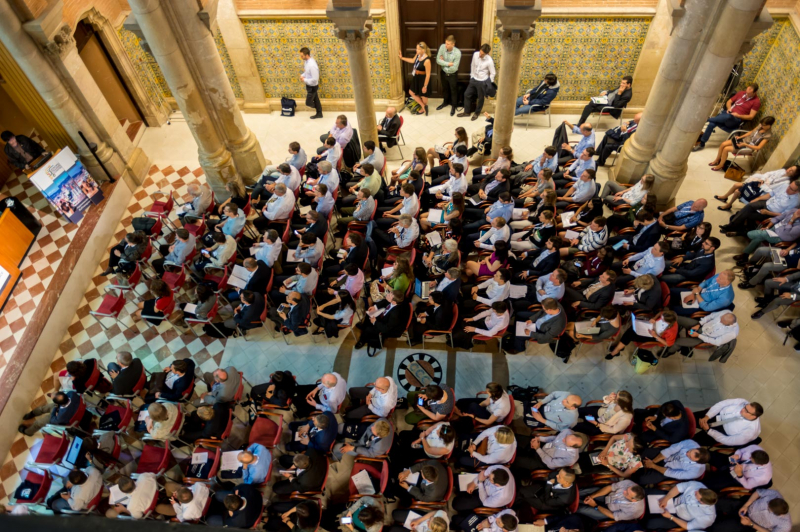
AET promotes networking and exchange of ideas, information and opportunities amongst members.
Conference Papers 2021
Online
ETC Conference Papers 2021
A comparative study on the global warming potential of cable cars as an alternative urban transportation system
Seminar
Day 3 (15 Sep 2021), Session 7, SUSTAINABILITY, 10:00 - 12:00
Status
Accepted, documents submitted
Submitted by / Abstract owner
Joerg Niemann
Authors
Jörg Niemann
Florian Krautzer
Short abstract
This paper summarizes the results of a comparative study concerning the greenhouse gas emissions (based on carbon footprint) caused by alternative urban passenger transportation systems. The study compares the greenhouse gas emissions (based on carbo
Abstract
This paper summarizes the results of a comparative study concerning the greenhouse gas emissions (based on carbon footprint) caused by alternative urban passenger transportation systems. The study compares the greenhouse gas emissions (based on carbon footprint) caused by alternative urban passenger transportation systems. In this innovative approach emissions for the vehicles and their infrastructure have been analyzed over their entire life cycle from manufacturing up to the end of life. Data were gathered from various data bases and real life practical vehicle operation. As a new approach the study benchmarks for the first time the total life cycle CO2 impact of four alternative transportation solutions. In accordance with ISO standards and to ensure comparability among all alternatives a “functional unit” has been defined which serves as a baseline scenario for the holistic evaluation of all alternatives. An existing cable car system in La Paz, Bolivia was analysed and evaluated in comparison to other modes of transportation such as small busses, large busses and a tram. In addition various load scenarios have been calculated and compared with regard to their full CO2 impact to society. According to the defined functional unit and the considered balance framework the study shows that beside the use of the systems the materials and the manufacturing as well as the infrastructure have a significant impact on the total emissions over the life cycle. FTherefore it is recommended that future life cycle assessment studies in the field of “urban green deals” need a wider focus to cover all relevant impacts to society. Essential for methodical research is also the preliminary definition of a valid and commonly agreed functional unit as the baseline for evaluation. To put focus on the „true and real“ impacts to the society the study proofs that it is preferable to consider the measurement results in total absolute emissions.
Programme committee
Intelligent Mobility - Management and Operation
Topic
The Climate Emergency
Documents:
Association For
European Transport
Forester House
Doctors Lane
Henley-in-Arden
Warwickshire, UK
B95 5AW
+44 (0) 15 64 793552
VAT number: 710 1866 64
Conference Supporters & Endorsers

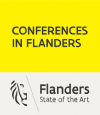


Legal Entity
The Association for European Transport is registered as an Association ('vereniging') with the Chamber of Commerce for Haaglanden in The Netherlands under company number 27170096.
Built on Zenario

